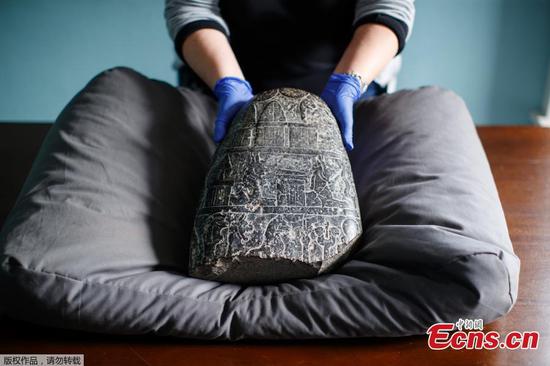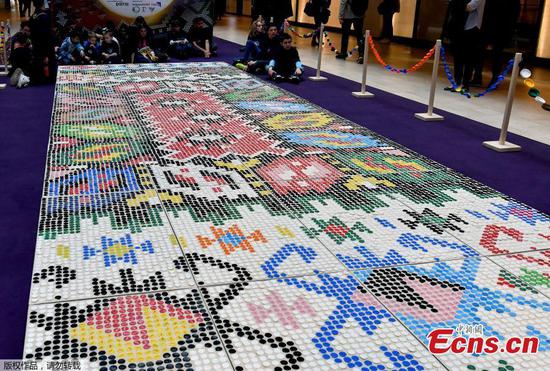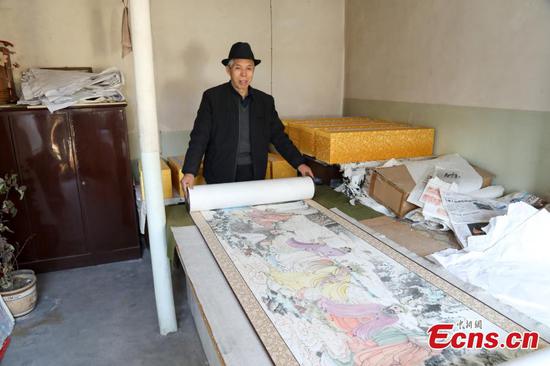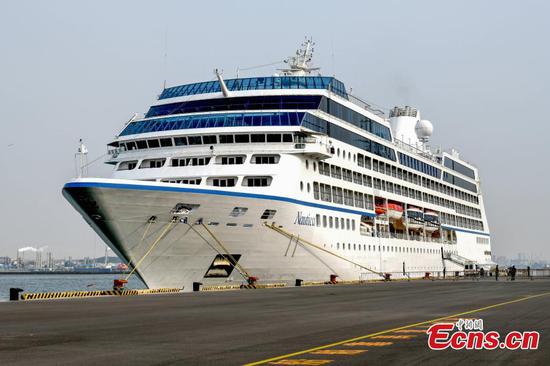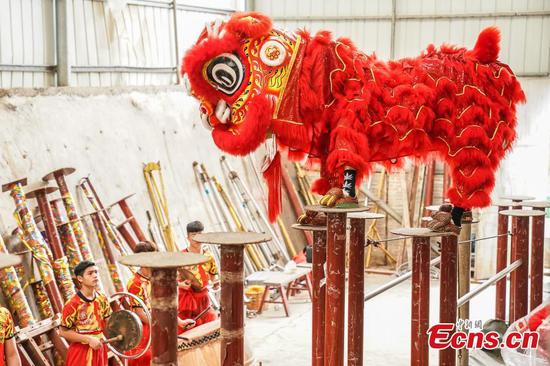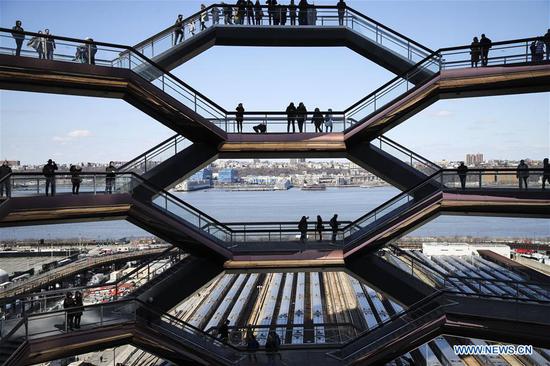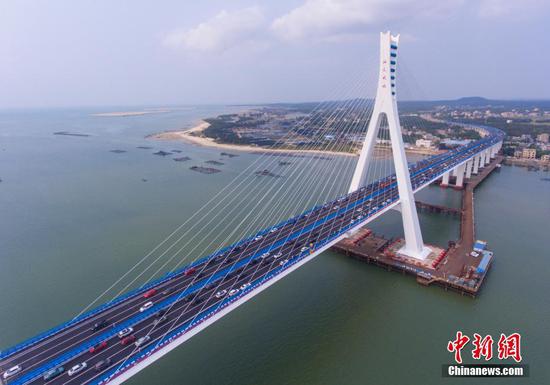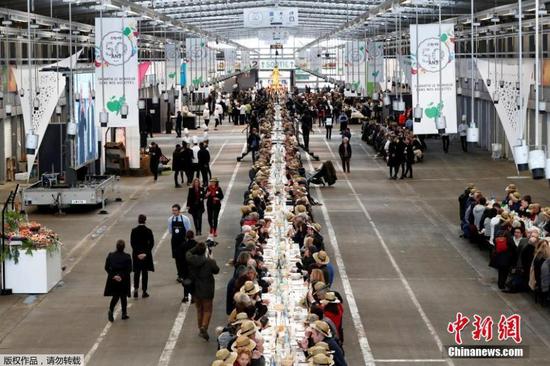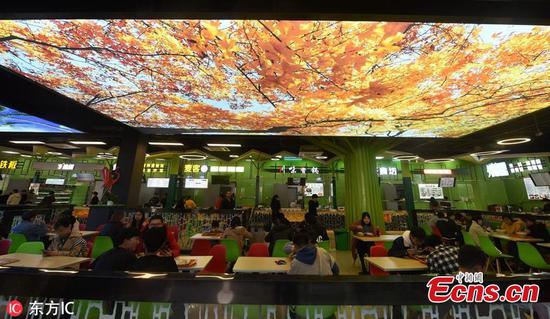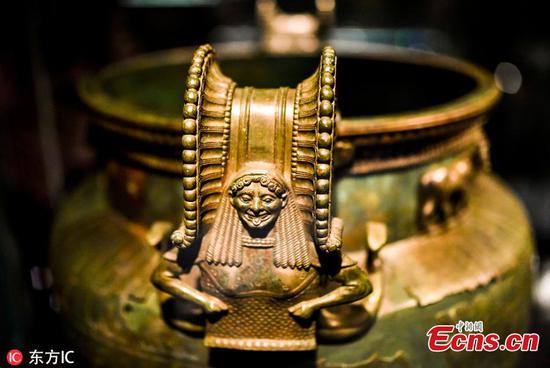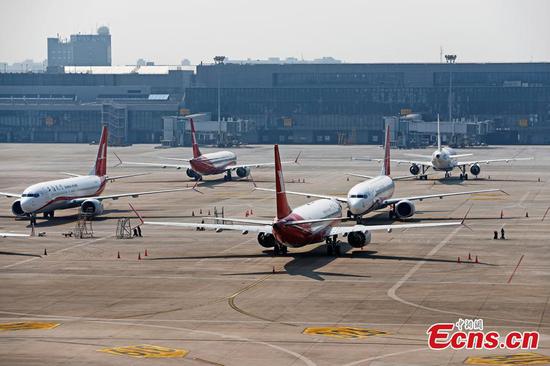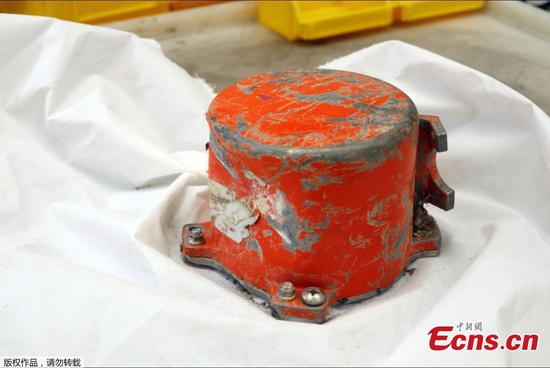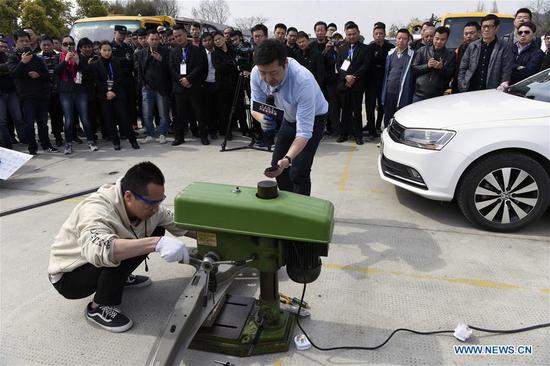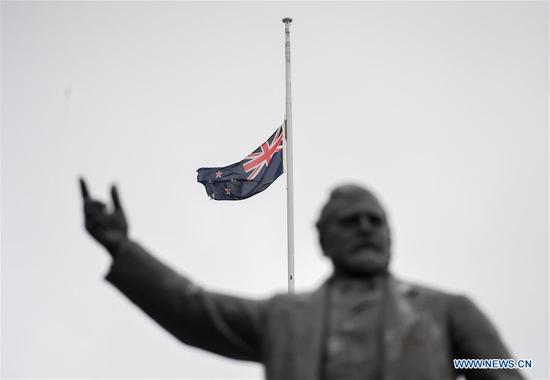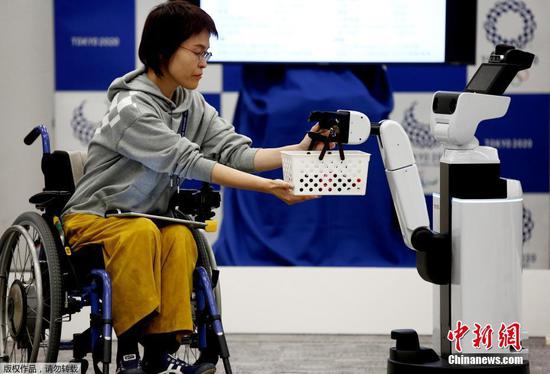Half of Chinese luxury spending will take place in China rather than traditional overseas locations by 2025, China Daily reported Wednesday, citing a report by global consultancy Bain &Co.
Such prchase repatriation is thanks to a combination of factors like discretionary millennials, a crack down on the domestic gray market and digital channel promotions in China, Bain said in its annual China Luxury Report.
"Millennials will continue to be the main driver of the growth of this market in the future, as the average age of luxury consumers is much younger in China than anywhere else in the world...and they value newness more than discounts," said Bruno Lannes, a Shanghai-based partner and author of the report.
Consumers aged 23 to 38 have exhibited a higher willingness to spend on luxury brands. One case in point is that 70 percent of China's millennials have their own homes, Lannes said citing an HSBC survey, a rate twice that of their U.S. counterparts, thus giving them enough financial leeway on discretionary spending.
Meanwhile, Chinese expenditure on luxury goods jumped 20 percent last year, accounting for one-third of the 260-billion-euro (about 295 billion U.S. dollars) global market, the report said. The rising share of domestic consumption will lead to import duty reductions, stricter control over gray markets and price harmonization in and outside China.
Digitalization, covering both digital engagements with consumers and sales online, continues to fuel luxury spending in China as well. Luxury brands are increasingly allocating a growing share, 60 to 70 percent, of their marketing budget to digital marketing platforms, according to the report.









